In April 2024, Greatwall Mixers' service engineers traveled to Inner Mongolia to provide on-site commissioning services for a bioengineering project. The primary equipment for this batch of mixers is intended for the production of 1,3-propanediol (1,3-PDO).
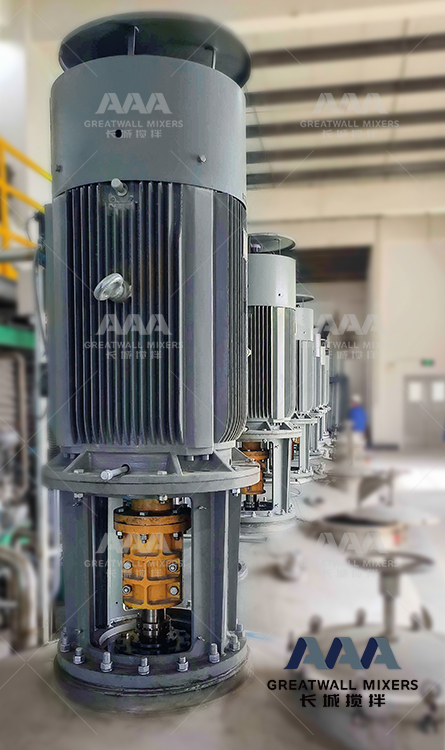
Selection and Design
The key equipment for this project is a large-scale fermentor, which represents one of Greatwall Mixers' core technologies. With years of expertise in biofermentation, our technical center has accumulated extensive design experience. After considering material characteristics, process requirements, as well as on-site temperature and pressure parameters, we ultimately adopted a combination of six-blade semi-tube parabolic disc turbine Impellers. with high-efficiency axial flow impellers.
About the Combination of Six-Blade Semi-Tube Parabolic Disc Turbine Impellers with High-Efficiency Axial Flow Impellers
The working principle of this combination is primarily to generate powerful axial circulation and moderate shear forces to achieve efficient mixing and mass transfer. The six-blade semi-tube parabolic disc turbine impellers are radial flow impellers that produce strong radial flow through rotation, thereby providing efficient dispersion capability and excellent mass transfer effects. The high-efficiency axial flow impellers generate axial flow, facilitating fluid circulation within the reactor and enhancing overall mixing efficiency. The blade design of the high-efficiency axial flow impellers is approximately of equal helical pitch surface, optimizing discharge performance while maintaining low shear forces. During the mixing process, fluids can be effectively propelled without damaging sensitive materials due to excessive shear forces. In turbulent operations, the high-efficiency axial flow impellers can maintain lower shear forces, which is crucial for handling shear-sensitive materials. The semi-tube and parabolic disc turbine impellers have a mass transfer coefficient over 30% higher than that of flat-blade disc turbine impellers, with lower power consumption under the same power. This combination is suitable for various industrial applications, including gas dispersion, absorption, mixing, and mass transfer operations, especially suitable for dissolved oxygen operations in fermentation processes.
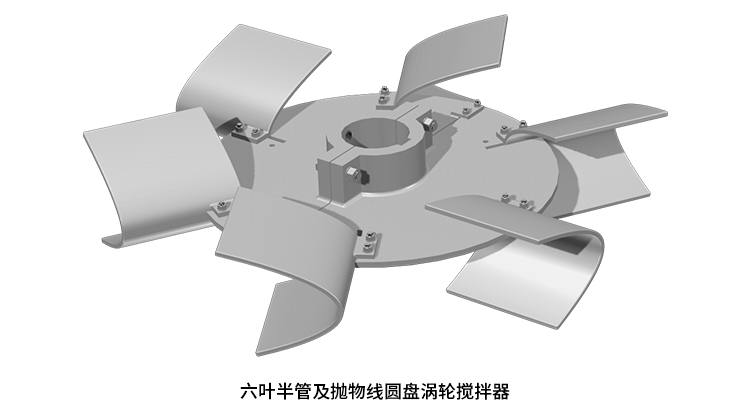
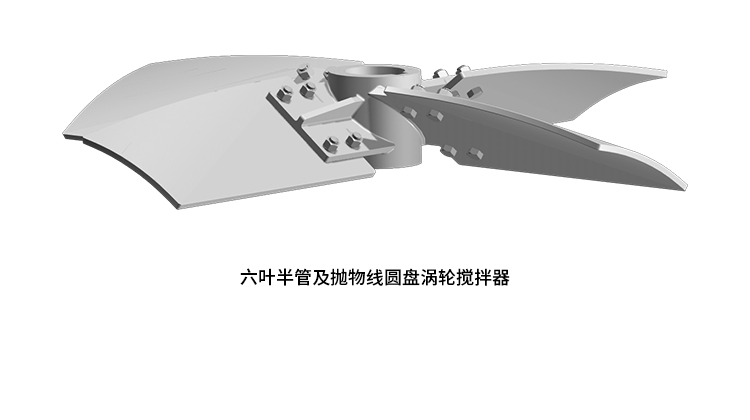
About 1,3-Propanediol (1,3-PDO)
1,3-Propanediol is an organic compound with various industrial applications. It is a colorless, odorless, hygroscopic viscous liquid with a chemical formula of C3H8O2, a molecular weight of 76.09, a density of approximately 1.053 g/mL, a melting point of around -27¡ãC, and a boiling point of approximately 214¡ãC. This compound has wide-ranging industrial applications, primarily including:
1.Production of unsaturated polyesters: 1,3-Propanediol is an important raw material for manufacturing unsaturated polyesters, which can be used in the production of coatings, resins, and other products.
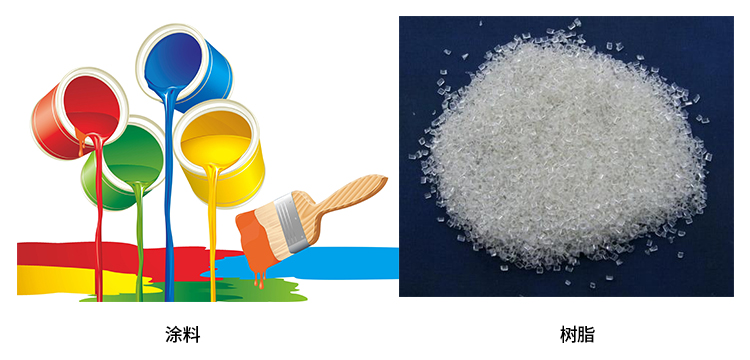
2.Manufacture of plasticizers and surfactants: It is also used in the production of plasticizers, surfactants, emulsifiers, and defoamers, among other chemicals, which are widely used in industries such as plastics, textiles, and detergents.
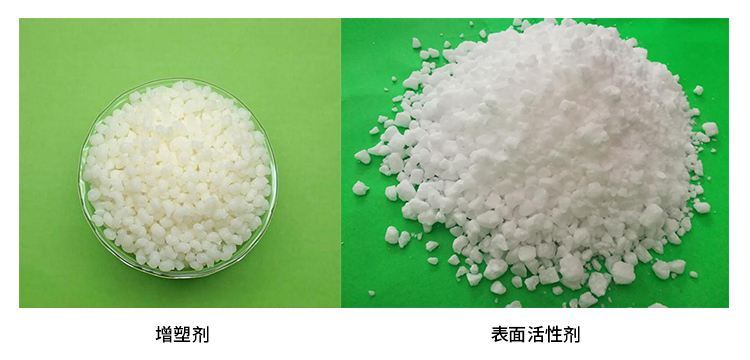
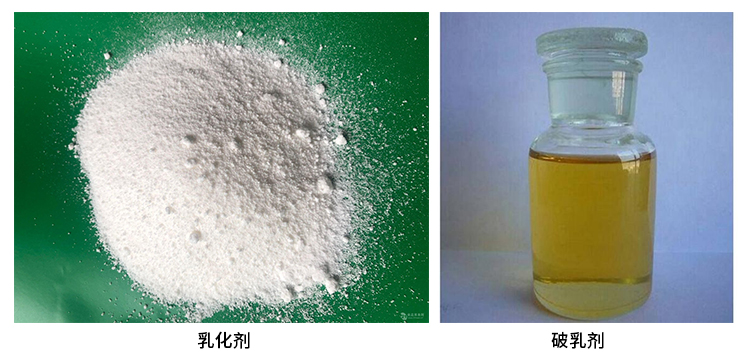
3.Polyurethane industry: In the polyurethane industry, 1,3-propanediol is commonly used as a raw material for polyester polyols, starting agents for polyether polyols, and polyurethane chain extenders.

4.Synthesis of high-performance polymer materials: It is an excellent monomer for high-performance polymer materials and can be used to manufacture new polyester fibers such as PTT, which are widely used in markets such as apparel, carpets, electronics, and automotive industries.
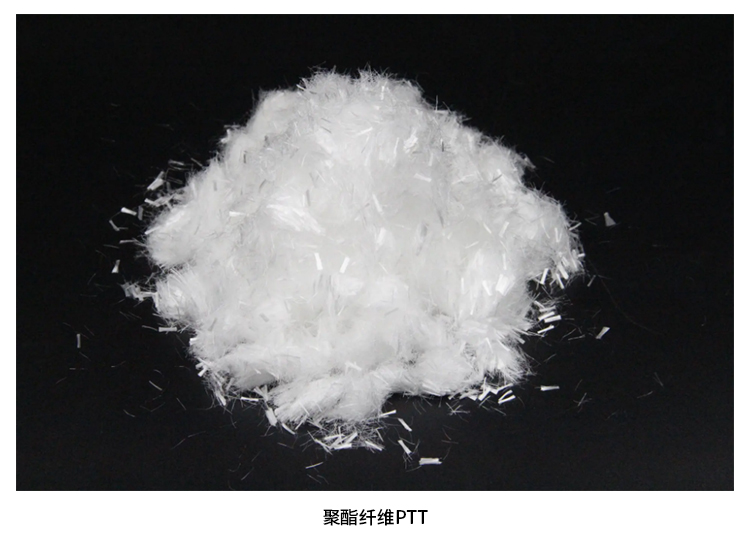
Commissioning and Installation
During the on-site installation of this batch of mixers, Greatwall Mixers' after-sales engineers provided full guidance, ensuring that all mixers were successfully installed and operated stably.
Breaking the Foreign Monopoly on the Polyester Fiber Industry from Domestic 1,3-Propanediol (1,3-PDO) to Polytrimethylene Terephthalate (PTT).
The domestic polyester fiber industry, particularly the production of polytrimethylene terephthalate (PTT) from domestic 1,3-propanediol (1,3-PDO), has long been dominated by foreign technologies. Especially, the biological synthesis of 1,3-PDO has not been effectively applied. Recent successful cooperation has broken this situation, helping China's materials industry transition to bio-manufacturing, achieving the domestic substitution of key strategic materials, and contributing to global low-carbon emission reduction efforts. This breakthrough signifies a further enhancement of China's technical strength and innovation capability in the field of bio-chemical engineering, injecting new impetus into the industry's development.